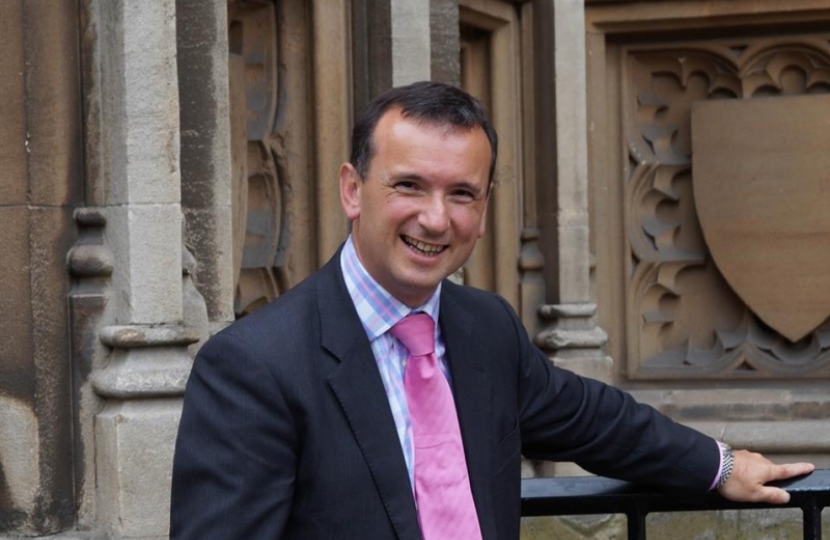
Thank you for your letter of 18th July. As the executive with the most knowledge of the investment our chief executive mark Wilson has asked me to respond.
To briefly recap, the Barry Renewable Power project is 10MW renewable power plant which converts waste wood into electricity. It received planning consent in 2015. Contraction commenced on December 2015 and it is expected to be operational by the end of 2017.
The project has a number of benefits to the community, namely the supply of renewable electricity for households and local businesses. Once completed, it will meet the energy needs of approximately 23,600 households, sufficient for the population of Barry. This has also created around 100 jobs in the construction phrase, and once fully operational there will be up to 20 full time staff at the site.
We understand some members of the local community have concerns, and we would like to assure them of our commitment to meeting the highest environmental and safety standards throughout the life-cycle of the project. The plant will use waste wood that would otherwise go to a local landfill, and the technology is recognised and encouraged by the UK government as being an efficient means of generating power.
In respect pf the point made in your letter, I understand the consultation by Natural Resources Wales (NRW) is a normal part of the process for any power project for this type when applying for its environmental permit. We have now responded to Natural Resources Wales with a comprehensive response (over 1000 pages) addressing each of the questions raised by the schedule 5 notices.
A comprehensive and detailed air quality impact assessment has been carried out which demonstrates that air quality impacts from the facility will be negligible. All pollutant concentrations will remain well below air quality objectives set for the protection of human health. Emissions will be free from smoke. The facility will also operate to strict emission limits which will be monitored and enforced by NRW through the Environmental Permit. The facility will be fitted with the latest abatement technology and a continuous emissions monitoring system. The will automatically shut down the plant should any part of the emissions control or plant fail, therefore ensuring the protection of the surrounding environment.
The waste wood itself comes from a variety of sources including municipal recycling centres, skips and manufacturing companies. Waste wood is categorised by the government into three grades A to C which are suitable for biomass gasification and this is what will be used in Barry. The waste wood would naturally bio- degrade and release all of these gases in time.
The gasification process itself limits the contents of the emissions leaving the combustion chamber and is a key reason why this technology is supported by the UK government. The emissions arising from the gasification process pass through a succession of filters and equipment specially designed to reduce emissions content to within the regulated limits required in order to meet the operating licence. This is monitored by NRW throughout the life of the project.
In terms of fire risk, the plant has an exhaustive fire prevention strategy that has been approved by insurers specialising in the insurance of biomass power plants. The expenditure on fire suppression measures is extensive and represents best practice in the biomass power sector. In addition to the dedicated and enclosed feedstock reception hall, measures include deluge tanks, sprinkler systems and fire doors, with feedstock monitored continuously and rotated through the plant on a first- in/ first- out basis. The result is that the biomass plant will present little fire risk and comprehensive measures are in place to control such residual risk. This will be fully coordinated with the fire service.
I hope this addresses your concerns but if you have further queries please don’t hesitate to get back in touch.